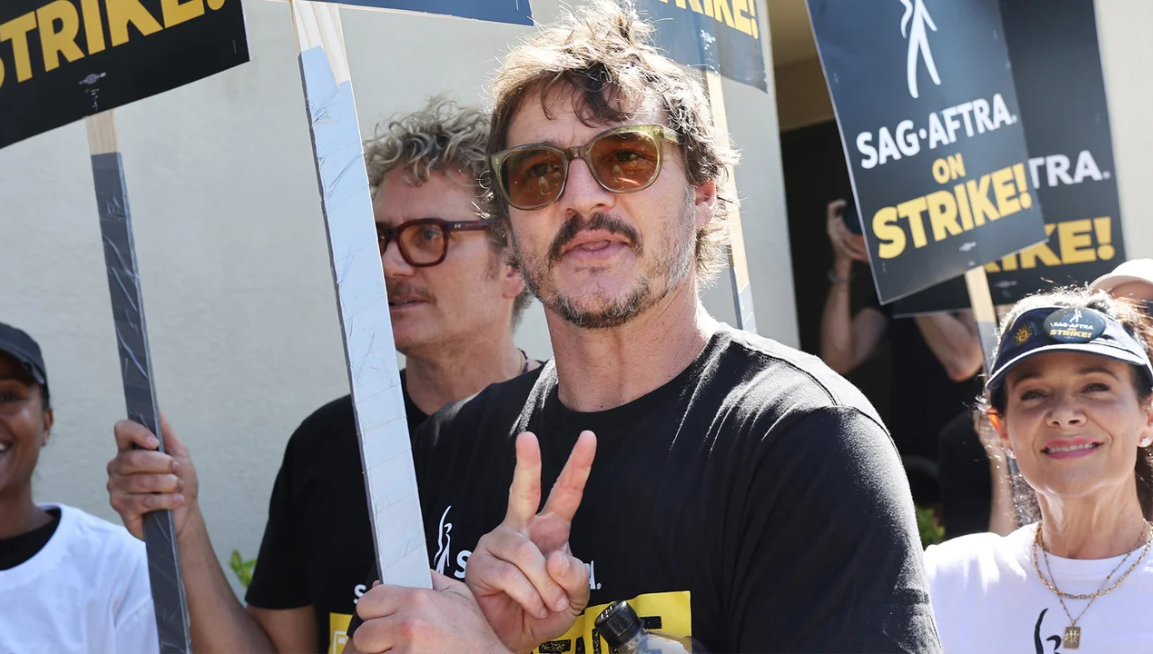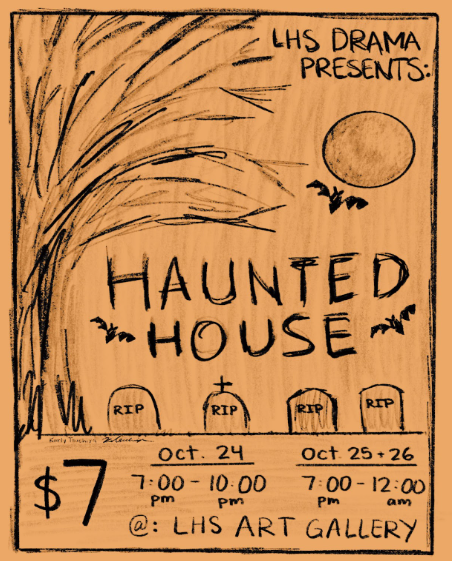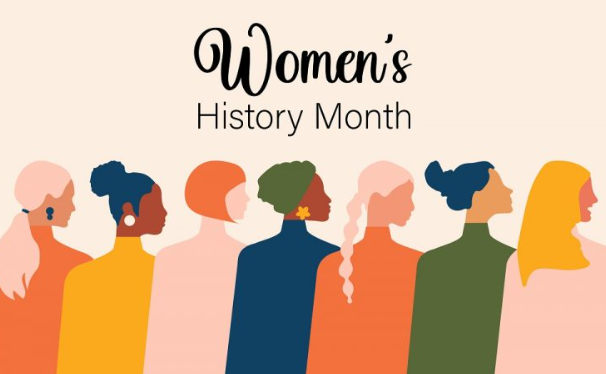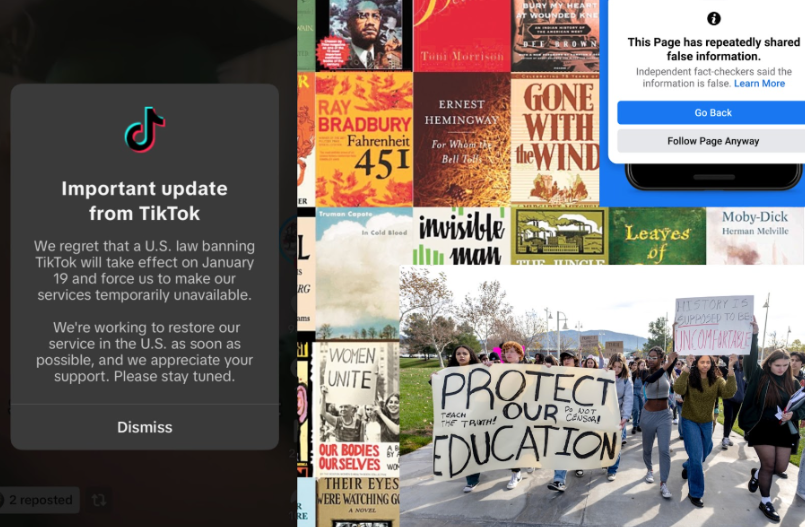STOCKTON: Hollywood’s been on strike for over 5 months now and, since then, the strike has seen a turbulent pattern of ups and downs.
First things first, how did these strikes even come to be? In a word: negotiations, by which I really mean failed negotiations. In the prelude to the strikes, 97.9 percent of members of the Writers’ Guild of America (WGA), a union over 20,000 strong, voted to move forward with a potential strike beginning on May 2 if their talks with the Alliance of Motion Pictures and Television Producers (AMPTP) did not result in a contract on terms of their liking. A little over 2 months later, on July 14, the Screen Actors Guild-American Federation of Television and Radio Artists (SAG-AFTRA) pursued a strike of its own. With its membership in excess of 100,000 and possibly 150,000, this marked a dramatic turning point in the negotiations thus far.
Mostly motivating these strikes has been residuals. But what are residuals? They’re basically royalties—payments made to artists (in this case screenwriters and actors) for their creative contributions and done per unit sold, e.g., for every movie sold. These payments are set through negotiations between unions and studios. Unions, like the WGA and SAG-AFTRA, are responsible for the processing and calculation of residual checks so that actors and writers are paid what they’re due. Residuals have been a central and long-standing issue in Hollywood’s labor troubles. In fact, nearly all Writers’ Guild strikes, including its inaugural one in 1960, have been fueled in large part by screenwriters’ grievances over the money, or lack thereof, they get from their residuals.
Another major issue driving the strikes is the use of artificial intelligence, particularly of ChatGPT, scanning technology, and deep fakes. A fear among many screenwriters is that ChatGPT is set to make all writers obsolete and thus without a job and possibly destitute. As for actors, a great number of them fear that AI-generated would force extras into redundancy.
Across the media and entertainment world, the strikes have received a massive outpouring of support. Some of television’s biggest names, like Bryan Cranston, Bob Odenkirk, and Pedro Pascal, have been spotted on Hollywood’s sidewalks enveloped in picket lines. Movie stars such as Cillian Murphy of Oppenheimer fame, Jack Black, and Chris Pine have all rallied behind SAG-AFTRA and WGA’s call for fair and higher pay.
On September 26, the WGA and the AMPTP made a breakthrough in their nearly half-year-long tug of war. A deal was reached. This included a contract, one of whose largest provisions was a 3.5 to 5 percent increase in writers’ earnings, both in regular pay and in future residuals. This was nothing short of a major concession. With this, the Writers’ Guild strike officially came to its end.
As of writing this article, negotiations between SAG-AFTRA and AMPTP are at an impasse. Since October 11, as a result of a sudden breakdown in talks between SAG-AFTRA and AMPTP, dialogue between the two has been on pause and there’s no telling as to when negotiations will resume.
Hearkening back to the WGA strikes of 2007 and 2008, the strikes have caused a whole litany of shows and movies to halt their production and postpone release dates. A few of the most notable shows and flicks to have been delayed or put on hold include the second season of HBO’s The Last of Us, Dune: Part Two, Avatar 3, The Tonight Show Starring Jimmy Fallon, and Stranger Things.
Now that I’ve sketched out a hopefully detailed-enough portrait of the strikes, what does all of this mean for the future of organized labor in the United States? Before I move on, I’d first like to bring up something from the Bureau of Labor Statistics. Just last year, in 2022, the Bureau of Labor Statistics reported that 10.1 percent of American workers are members of a union, down 0.2 percent from 2021. This is a bleak revelation. More bleak is the fact that this is the lowest unionization rate recorded by the BLS ever. That being said, polls conducted to see what public opinion looks like regarding the recent Hollywood strikes reveal something a bit more hopeful. One poll conducted by Data For Progress asked respondents whether or not they support the WGA and SAG-AFTRA strikes, of which 67 percent voiced their support. Another poll by Gallup revealed that 72 percent of Americans were more sympathetic toward television and film actors on strike whereas a mere 17 percent had more sympathy for the AMPTP.
This strike is both a barometer of America’s attitudes towards organized labor and a potential stimulus, spurring further strikes and upheavals in different industries. My wish is that these strikes and the success of the WGA—their visibility boosted tenfold by social media, I expect—will allow people to see more clearly that organized labor still has a place in America and could be the key and our future to securing a better life through workplace democracy and workers’ self-management.















